Strength in Every Grip!
Strength in Every Grip!
Recovery is an essential part of strength training and weightlifting. Without proper recovery, muscle growth is hindered, performance declines, and the risk of injury increases. This guide explores the science behind muscle repair, effective recovery techniques, and strategies to optimize your strength training progress.
During weightlifting, muscle fibers experience microscopic tears. These tears are repaired during recovery, leading to increased muscle size and strength. Recovery involves:
Muscle Protein Synthesis (MPS) – The process by which muscles rebuild.
Glycogen Replenishment – Restoring muscle energy stores.
Tissue Healing – Reducing inflammation and preventing injuries.
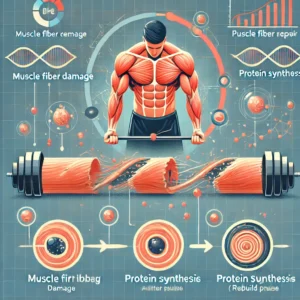
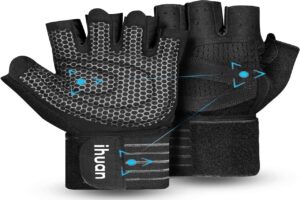
Nutrition plays a crucial role in muscle recovery. The right nutrients help repair muscle tissue and reduce soreness.
Protein (chicken, fish, eggs, Greek yogurt, tofu) – Supports muscle repair.
Carbohydrates (rice, quinoa, oats, sweet potatoes) – Replenish glycogen.
Healthy Fats (avocados, nuts, olive oil) – Reduce inflammation.
Hydration (water, electrolytes) – Prevents dehydration and aids recovery.

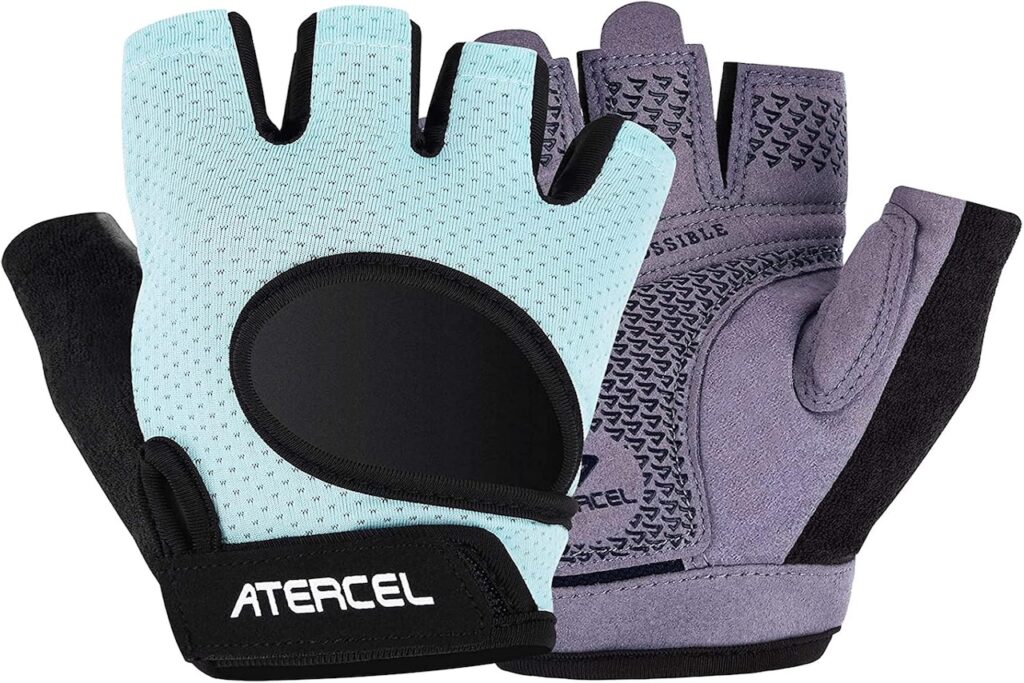
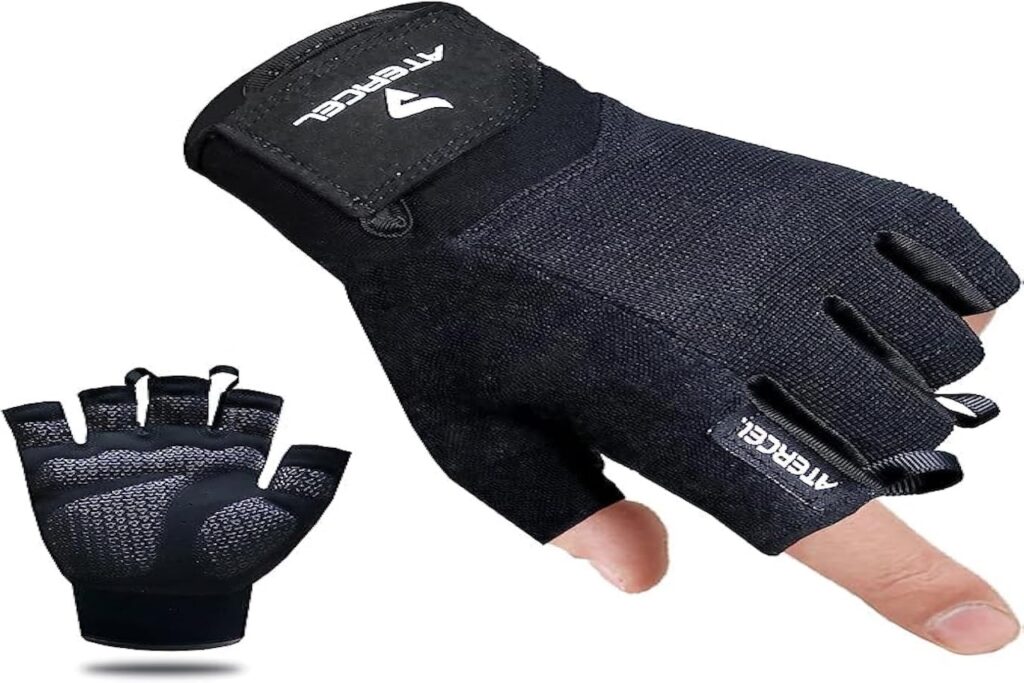
Sleep is the most effective recovery tool, as it promotes hormone release and tissue repair.
Aim for 7-9 hours of quality sleep per night.
Avoid screens before bedtime to optimize sleep quality.
Incorporate relaxation techniques like meditation or deep breathing.

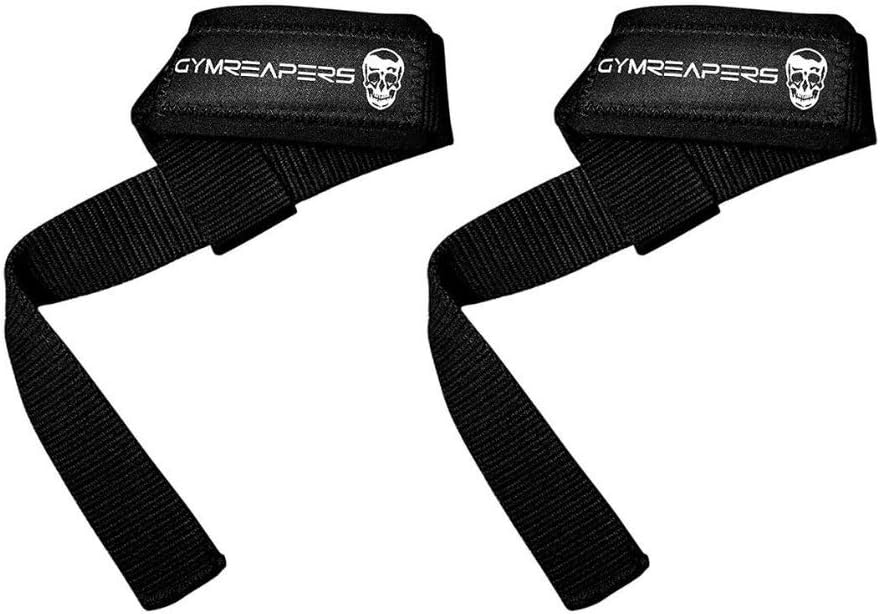
Active recovery involves light activities that promote blood flow and reduce muscle stiffness without adding stress to the body.
Low-intensity cardio (walking, cycling, swimming).
Yoga and stretching to improve flexibility.
Foam rolling and self-massage to release muscle knots.

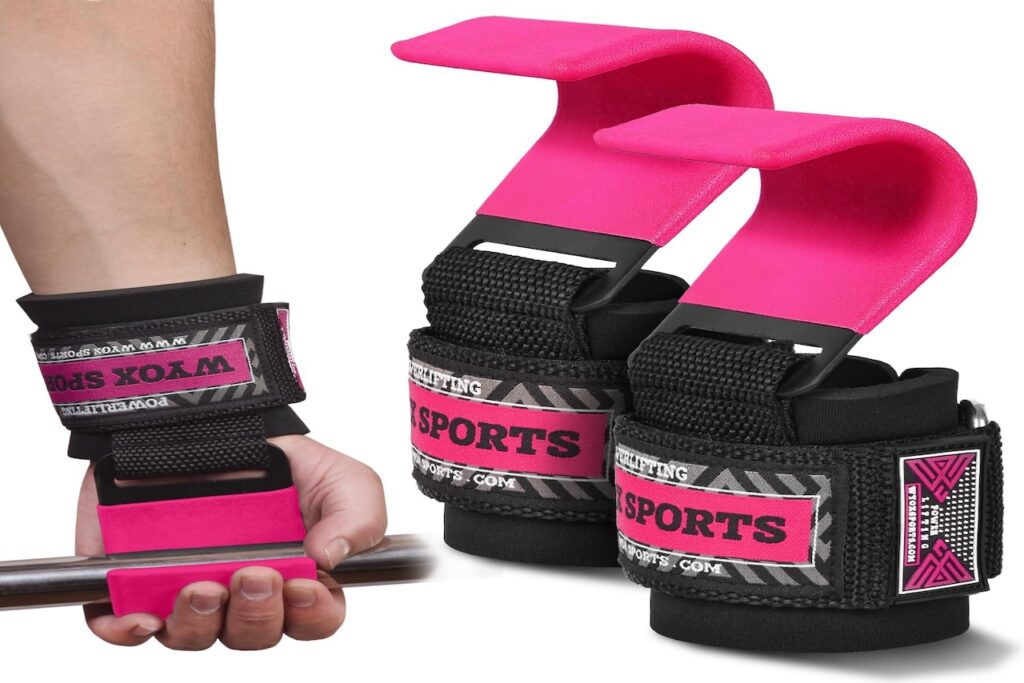
Both cold and heat treatments play a role in muscle recovery.
Reduces inflammation and muscle soreness.
Common methods: Ice baths, cold showers, ice packs.
Promotes circulation and muscle relaxation.
Common methods: Sauna, hot baths, heating pads
Massage therapy increases blood flow and reduces stiffness.
Foam rollers for self-massage.
Massage guns for deep tissue relief.
Stretching bands to aid muscle recovery.
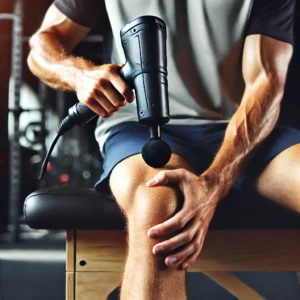
| Day | Recovery Focus |
|---|---|
| Monday | Active Recovery (Stretching, Yoga) |
| Tuesday | Post-Workout Hydration & Nutrition |
| Wednesday | Foam Rolling & Light Cardio |
| Thursday | Ice Bath or Cold Therapy Session |
| Friday | Deep Tissue Massage or Self-Massage |
| Saturday | Mobility Drills & Flexibility Work |
| Sunday | Full Rest & Sleep Optimization |
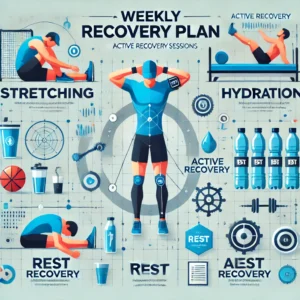
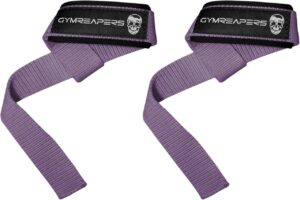
🚫 Skipping rest days
🚫 Not eating enough protein and carbs
🚫 Dehydration and electrolyte imbalances
🚫 Overtraining without proper rest
🚫 Ignoring stretching and mobility work
Recovery is just as important as training when it comes to building muscle and improving strength. Prioritize nutrition, hydration, sleep, active recovery, and proper rest to optimize your weightlifting performance. By incorporating these recovery techniques, you’ll experience faster gains, reduced soreness, and improved overall health.
Are you prioritizing recovery in your training? Share your favorite recovery techniques below!